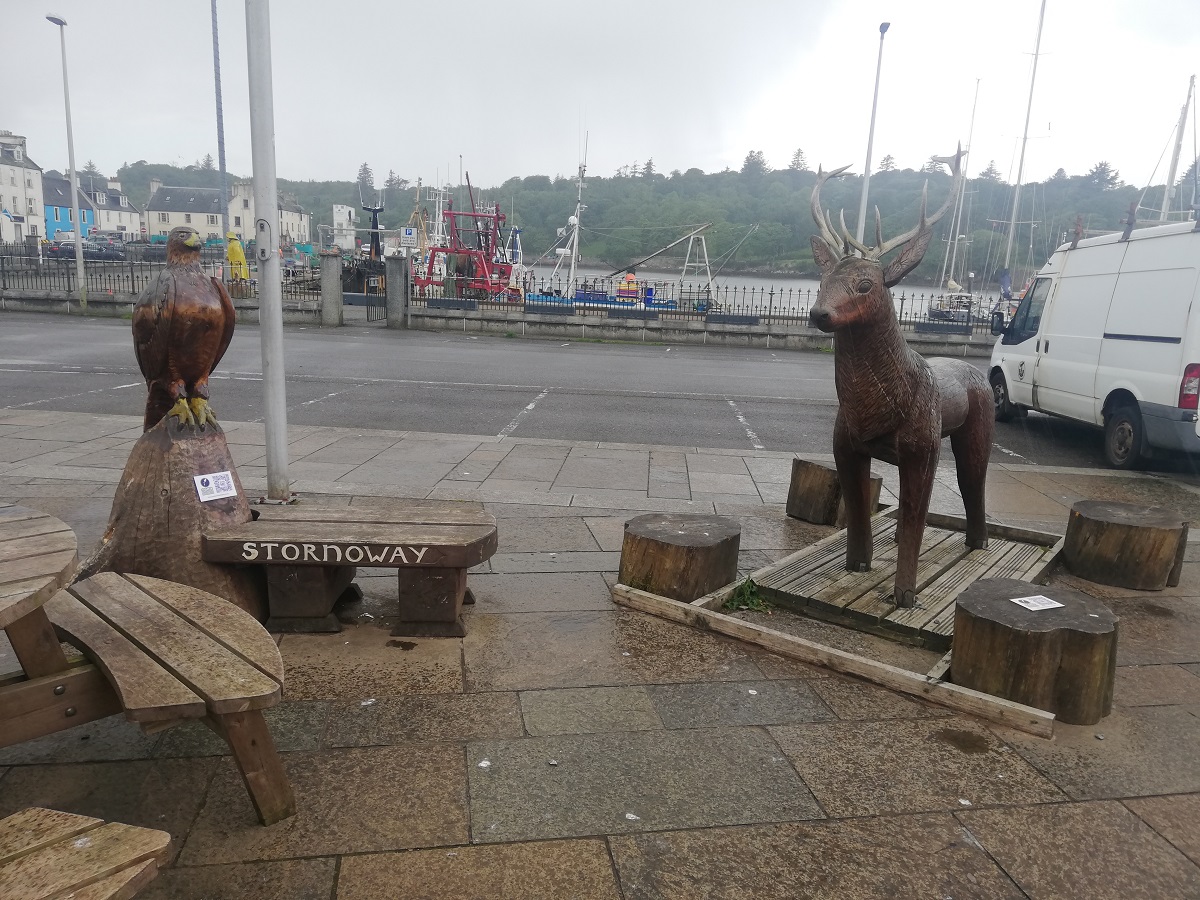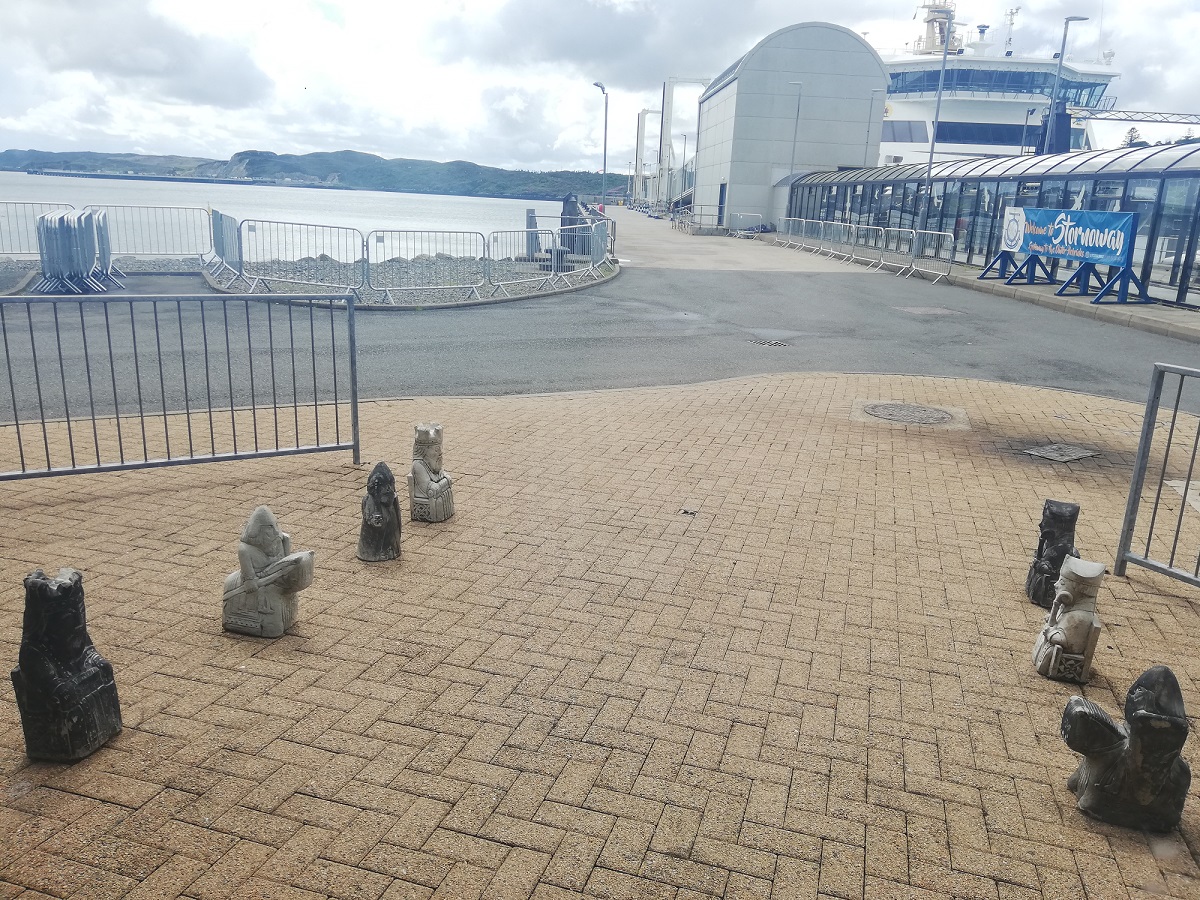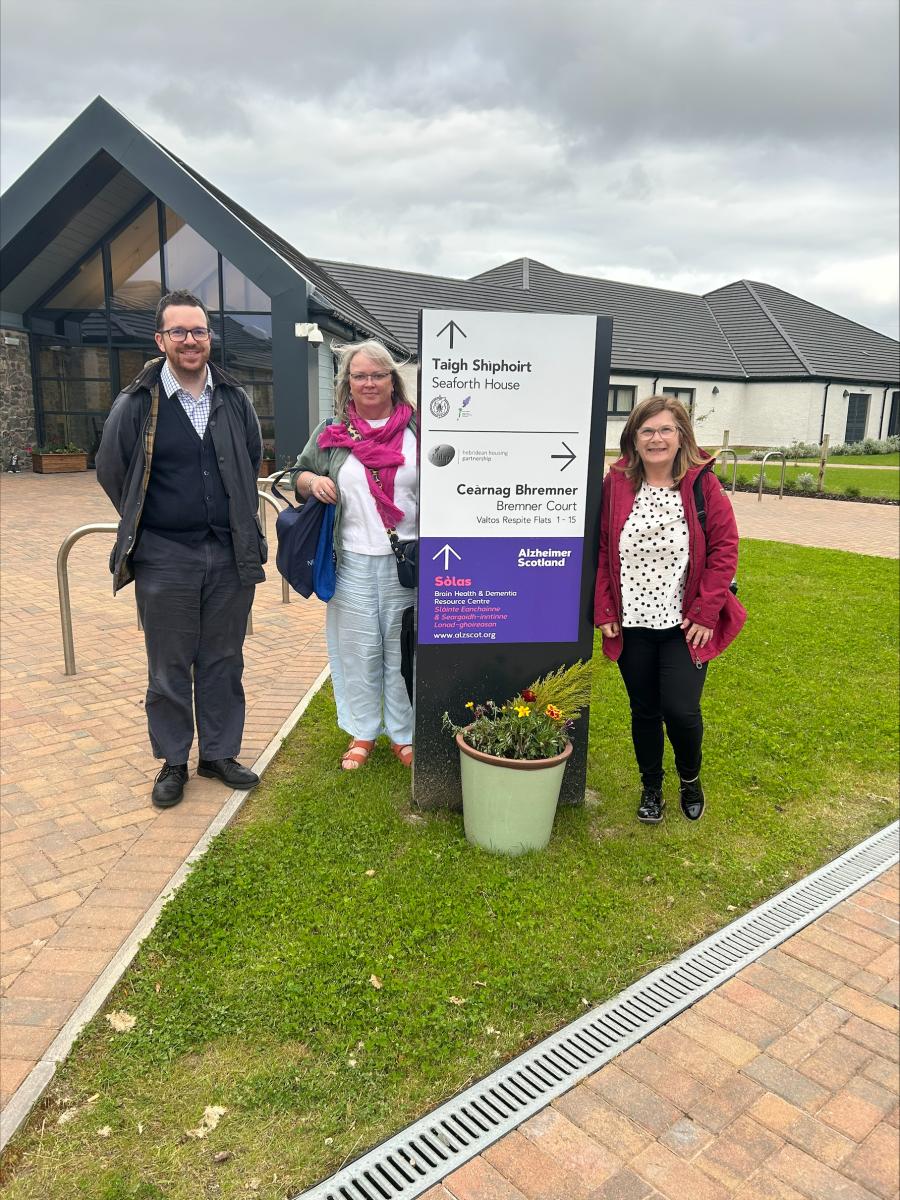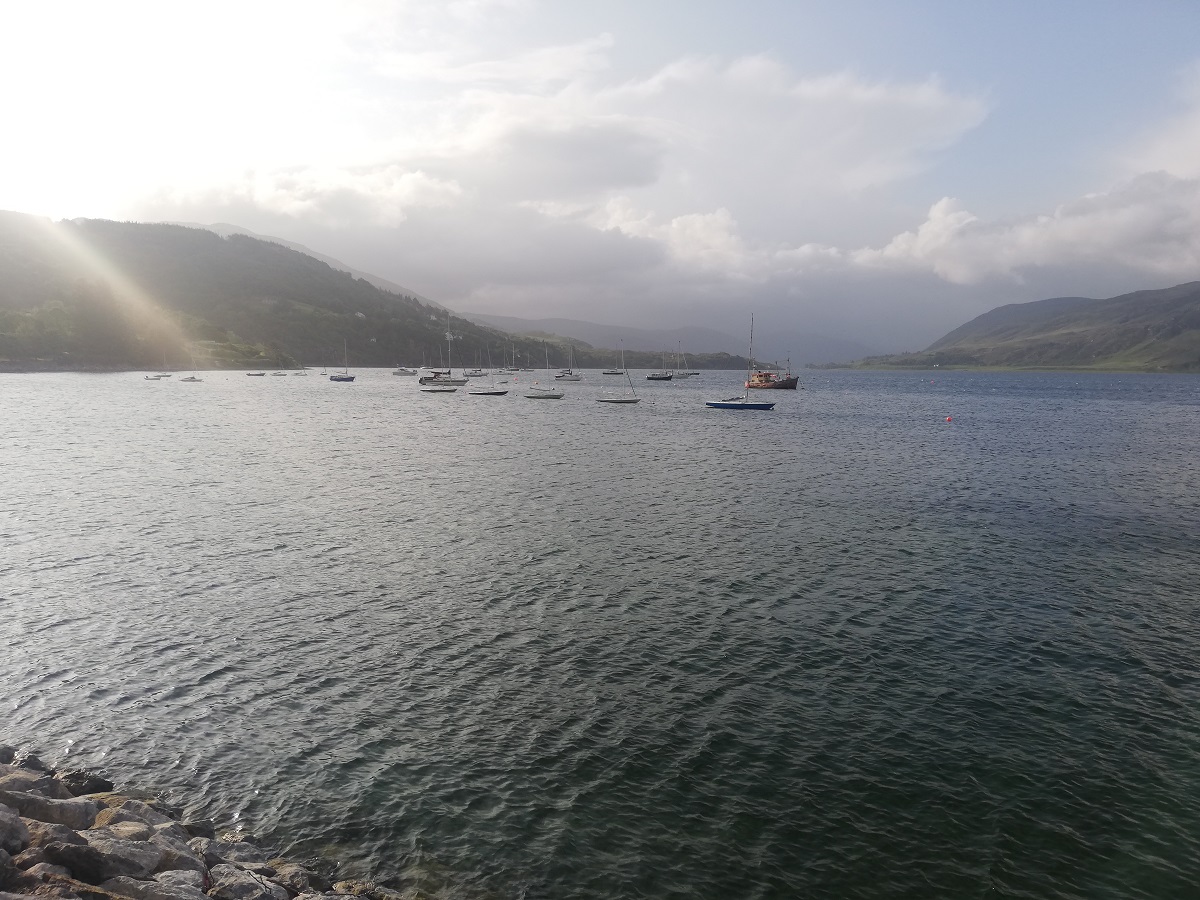
Earlier this month, on June 3rd and 4th 2024, the NRS Neuroprogressive and Dementia Network and ENRICH Scotland visited Stornoway and Ullapool to discuss research into dementia, Parkinson’s, MS, MND, and Huntington’s disease.
Our director and Network Champion at the Neuroprogressive and Dementia Network (NDN), Dr Tom Russ, was leading the visit along with fellow NDN leaders, Network Manager, Jacqueline Kerr, and Strategic Network Manager, Dr Emma Law. They received warm welcomes in both Stornoway and Ullapool.
The two-day trip started in Stornoway’s Failte Centre with sessions for clinicians, carers, and care home staff, allowing the team to connect with those supporting individuals with neuroprogressive conditions. The team then headed to Ullapool for a meeting at Ullapool Village Hall; there was also an online session available for those unable to attend the in-person meeting. The team were thrilled to find a strong interest in research participation across the Highlands and Western Isles.

Sitting point at Stornoway boat terminal,
captured by Dr Tom Russ
The Highlands and Islands of Scotland face significant challenges. With rising cases of MND, some of the highest rates of MS and Huntington’s in the UK and globally, higher-than-average rates of Parkinson’s compared to the rest of Scotland, and an estimated 6,500 people living with Dementia. The remoteness of the area adds to the difficulty, due to logistic and resource challenges that exacerbate issues such as social isolation, access to specialist healthcare, availability of support services, and participation in research. Engaging the local community is imperative to improving the quality of research and its relevance to the community, and to utilising the lived experience that was so clearly evident in Stornoway and Ullapool.
The area’s remoteness can also be a significant barrier to getting involved in research. The team learned more about these barriers and, despite the challenges, identified ways to overcome barriers to research participation. A relatively new and welcomed development to help in lowering barriers to participation is the increase of online participation opportunities. Many research activities – including the Neuroprogressive and Dementia Network’s lived experience group, Partners in Research – now take place online, making joining these activities much easier wherever you are. While some challenges persist, such as confidence in using a computer, internet access and quality, the team are optimistic about the continuous improvement of online participation opportunities. The team also learned that some local organisations, such as NeuroHebrides and Dolphin Arts in Ullapool, found they had to broaden their focus beyond a single diagnosis. This can bring a richness where the experiences of people with different diagnoses can be compared, enriching shared experiences and research outcomes.

Looking out from the boat en route to
Stornoway, taken by Dr Emma Law
The team highlighted the Permission to Contact research interest register as a valuable tool for people to find research opportunities. With various options available, there is likely something to suit different interests and preferences.
The team are very keen to ensure that the visit results in meaningful improvements in research access for people in the Western Isles and Ullapool. They are already planning discussions with NHS Highland and NHS Eileanan Siar/Western Isles to explore bringing research opportunities to these areas, including potentially the exciting new blood-based biomarker studies from the University of Oxford (the READ-OUT study) and University College London (the ADAPT trial).
Tom, Emma and Jacqueline would like to thank Ullapool Village Hall and Stornoway's The Failte Centre for hosting and for providing such valuable opportunities to connect with the local community. They are also deeply grateful to everyone who joined the discussions and shared their experiences.
Thank you, Stornoway and Ullapool! Tapadh leibh Steornabhagh agus Ulapul!
If you’re interested in finding out more about the Neuroprogressive and Dementia’s Permission to Contact scheme, please see the contact form at: https://www.nhsresearchscotland.org.uk/research-areas/dementia-and-neuro...

View out to the Stornoway boat terminal with Lewis chess men.

Dr Tom Russ, Dr Emma Law and Jacqueline Kerr outside Stornoway's Alzheimer Scotland Brain Health and Dementia Resource Centre.

Looking out to sea, taken by Dr Tom Russ.
